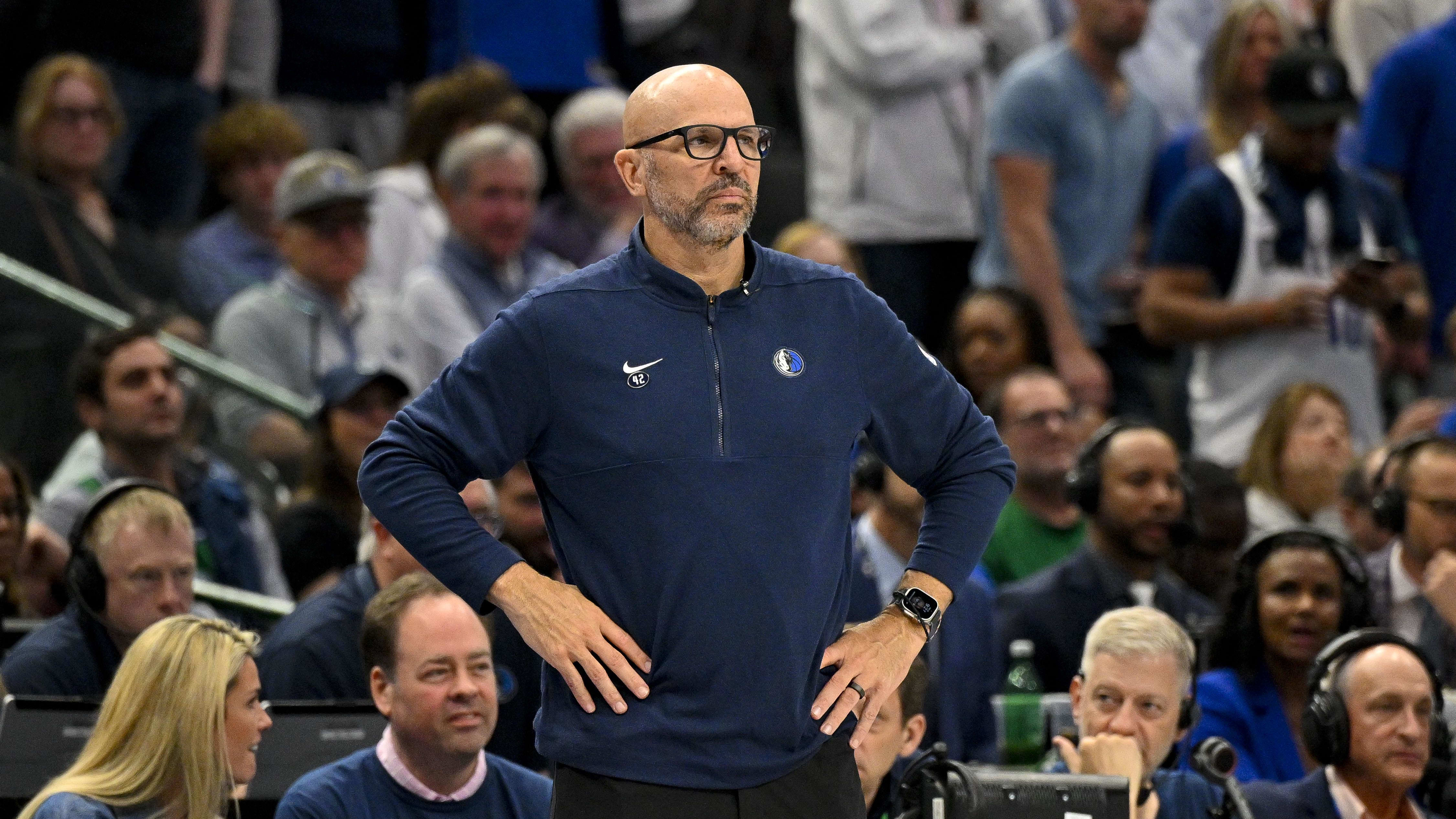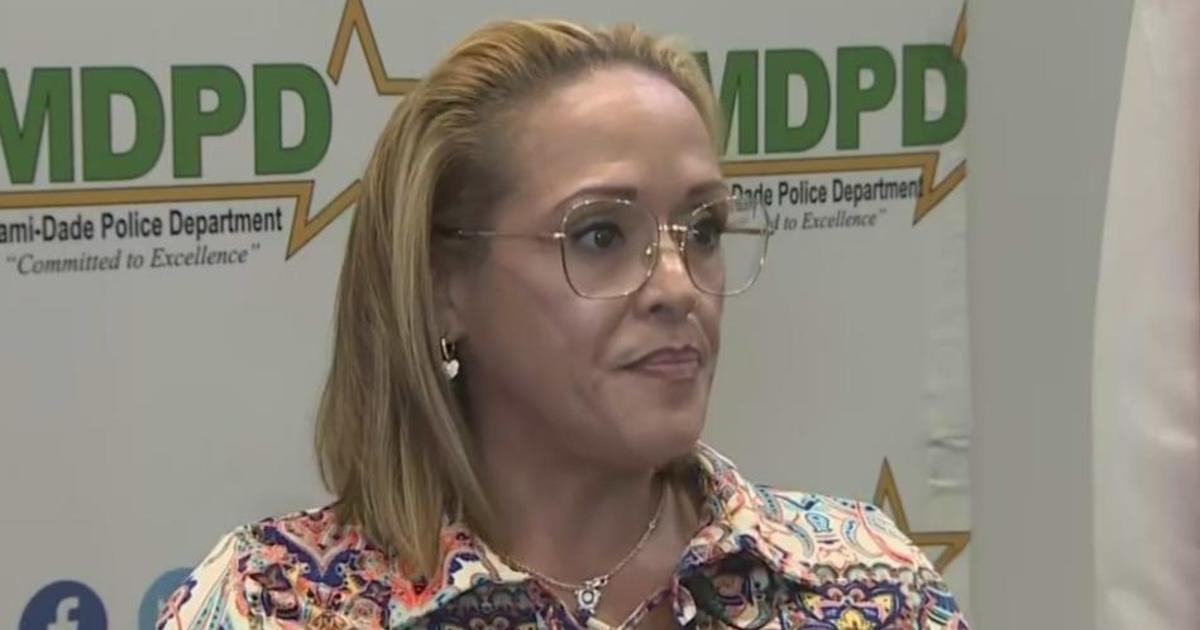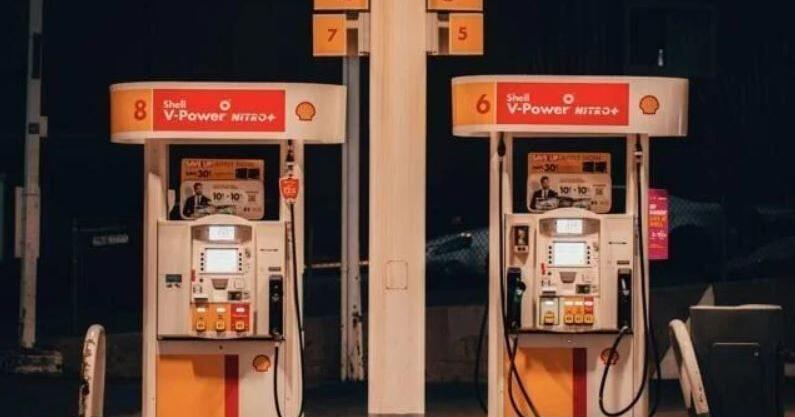World
Canadian police say 9 people will be charged after $20 million worth of gold was stolen last year from airport
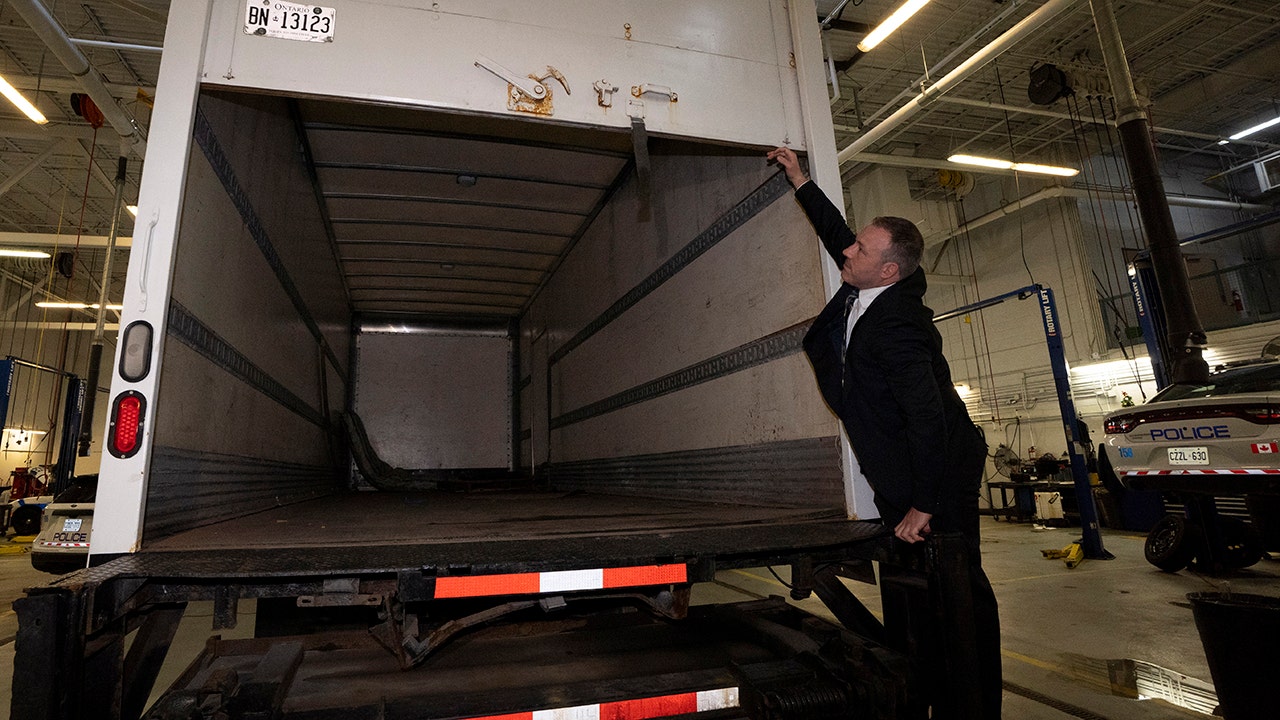
Police said nine people are facing charges in what authorities are calling the biggest gold theft in Canadian history from Toronto’s Pearson International airport a year ago.
Peel Regional Police said Wednesday that 6,600 gold bars worth more than 20 million Canadian dollars ($14.5 million) and CA$2.5 million ($1.8 million) was stolen and the gold was melted down and used to purchase illegal firearms.
Those charged include a Air Canada warehouse employee and a former Air Canada manager who gave police a tour of cargo of the facility after the theft. A jewelry store owner is also charged.
TORONTO AIRPORT HEIST: $15M CONTAINER OF GOLD, VALUABLE ITEMS STOLEN FROM CARGO FACILITY
“This story is a sensational one and which probably, we jokingly say, belongs in a Netflix series,” Peel Regional Chief Nishan Duraiappah said.
Police in Canada announced that 9 individuals will be facing charges following the country’s largest gold theft, in which 6,600 gold bars worth more than 20 million Canadian dollars were stolen from Toronto’s Pearson International airport last year. (Arlyn McAdorey/The Canadian Press via AP)
Peel Reginal Detective Sgt. Mike Mavity said the gold bars, weighing 419 kilograms (923 pounds), and foreign currency, ordered from a refinery in Zurich, Switzerland, were transported in the haul of a Air Canada flight on April 17 last year.
He said that late afternoon a truck driver arrived at the airline’s cargo warehouse with a fraudulent bill that was provided to a airline warehouse attendant.
Mavity said a bill for seafood that was picked up the day before was used to pick up the gold. The duplicate bill was printed off at the Air Canada warehouse, he said.
“They needed people within Air Canada to facilitate this theft,” Mavity said in front of the truck police say was used in the theft.
Mavity said police are searching for the Air Canada manager who gave police a tour of the facility in the days after the theft. He said that manager left his job last summer and said they have an idea of where he is.
Mavity said some of the suspects were known to police and some were not. He said they seized six crudely made bracelets made of gold.
“I don’t think I ever imagined they would have to deal with the largest gold heist in Canadian history,” said Patrick Brown, the mayor of Brampton, Ontario. “It’s almost out of an ‘Ocean’s Eleven’ movie or CSI.”
Air Canada employee Parmpal Sidhu, 54, from Brampton, Ontario, jewelry store owner Ali Raza, 37, from Toronto, Amit Jalota, 40, a Oakville, Ontario resident, Ammad Chaudhary, 43, from Georgetown, Ontario and Prasath Paramalingam, 35, from Brampton are among those that have been arrested. Mavity said they have been released on bail conditions and will be in court at a later date.
US MARINE ARRESTED IN TEXAS AFTER STEALING OVER $500,000 IN JEWELRY, AUTHORITIES SAY
Mavity said the truck driver that allegedly picked up the gold, Durante King-Mclean, a 25-year-old from Brampton, is currently in custody in the U.S. on firearms and trafficking related charges.
Police are searching for former Air Canada manager Simran Preet Panesar, 31, from Brampton as well as Archit Grover, 36, from Brampton and Arsalan Chaudhary, 42, from Mississauga Ontario.
Peel Regional Deputy Chief Nick Milinovich said only CA$90,000 ($65,00) of the more than CA$20 million has been recovered.
U.S. ATF Special Agent, Eric DeGree, said King-Mclean, was arrested in Pennsylvania after a traffic stop and that led to the seizure of 65 illegal firearms that were allegedly destined to be smuggled into Canada. DeGree said he tried to flee after police discovered the firearms in his rental car.
Brinks, an American cash handling company, arrived at the airport cargo facility the night of April 17 to pick up the gold and were told the gold and currency was missing after a search.
Brinks sued Air Canada over the theft last year. According to the company’s filing last year, a thief walked away with the costly cargo after presenting a fake document at an Air Canada warehouse on April 17.
In a Nov. 8 statement of defense, Air Canada rejected “each and every allegation” in the Brink’s lawsuit, saying it fulfilled its carriage contracts and denying any improper or “careless” conduct.
CANADIAN POLICE WARN THAT POSTING VIDEOS OF ALLEGED PACKAGE THIEVES COULD BE ‘VIOLATION’ OF THEIR PRIVACY
The country’s largest airline also said Brink’s failed to note the value of the haul on the waybill — a document typically issued by a carrier with details of the shipment — and that if Brink’s did suffer losses, a multilateral treaty known as the Montreal Convention would cap Air Canada’s liability.
In Federal Court filings that claim breach of contract and millions of dollars in damages, Brinks said an “unidentified individual” gained access to the airline’s cargo warehouse and presented a “fraudulent” waybill shortly after an Air Canada flight from Zurich landed at Pearson.
The statement of the claim says the staff then handed over 400 kilograms of gold in the form of 24 bars plus nearly $2 million in cash to the thief, who promptly “absconded with the cargo.”
DeGree said dozens of firearms authorities were seized, including two fully automatic weapons and five guns that were untraceable.
“I’m proud to say that we successfully put an international gun trafficking operation out of business. We kept 65 firearms off the streets of Canada and prevented them from being used in any number of crimes,” DeGree said.
Mavity said that “we believe they melted down the gold and with the profits they got from the gold they used to purchase illegal firearms.”

World
Israeli strikes kill at least 40 Palestinians in Gaza, as ceasefire talks begin

World
Mexico takes Ecuador to top UN court over embassy raid in Quito
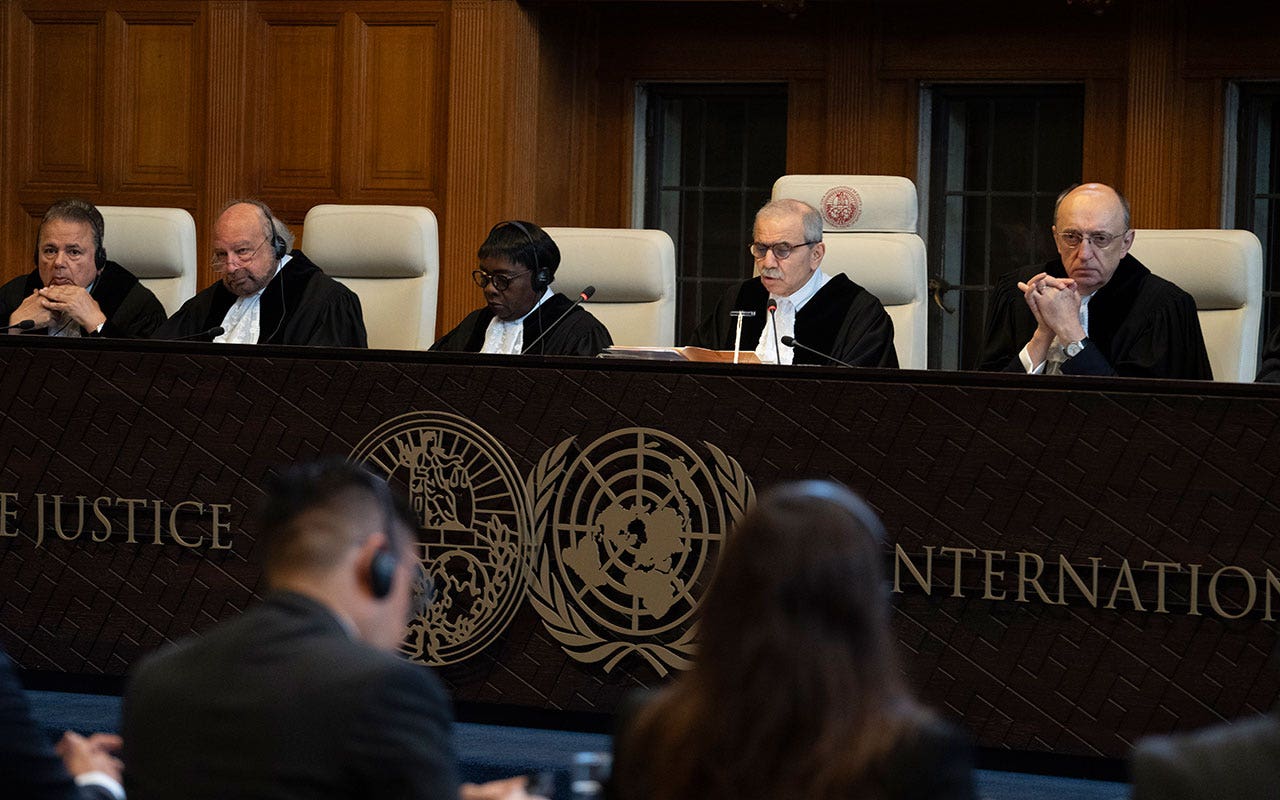
- Mexico has accused Ecuador of violating international law by storming the Mexican Embassy in Quito.
- Tensions between Mexico and Ecuador escalated following the raid, which occurred after Mexico granted asylum to Jorge Glas, a convicted criminal.
- Latin American leaders criticized the raid as a breach of the Vienna Convention on Diplomatic Relations.
Mexico took Ecuador to the top U.N. court on Tuesday, accusing the nation of violating international law by storming the Mexican Embassy in Quito to arrest a former vice president who had just been granted asylum by Mexico.
The April 5 raid, hours after Mexico granted asylum to former Vice President Jorge Glas, spiked tensions that had been brewing between the two countries since Glas, a convicted criminal and fugitive, took refuge at the embassy in December.
Leaders across Latin America condemned the raid as a blatant violation of the Vienna Convention on Diplomatic Relations.
MEXICO WANTS UN TO SUSPEND ECUADOR OVER ITS POLICE RAID ON THE MEXICAN EMBASSY IN QUITO
Ecuador said Glas was wanted on corruption convictions and not for political reasons, and has argued that Mexico granting asylum to a convicted criminal was itself a violation of the Vienna convention.
Judge Nawaf Salam, second right, presides over the International Court of Justice in The Hague, Netherlands, on April 30, 2024, where Mexico took Ecuador to the United Nations’ top court. (AP Photo/Peter Dejong)
Two mornings of preliminary hearings at the International Court of Justice are focused on Mexico’s request for interim orders known as provisional measures to be put in force while the case progresses through the court — a process likely to take many months.
Among the measures Mexico is seeking are for the world court to order Ecuador to take “appropriate and immediate steps to provide full protection and security of diplomatic premises” and prevent any further intrusions. It also wants Ecuador to let Mexico clear its diplomatic premises and the homes of its diplomats in the country.
In its case filed April 11, Mexico also asked the court to award reparation and suspend Ecuador from the United Nations.
On Monday, Ecuador also filed a case at the International Court of Justice, accusing Mexico of using its embassy to “shield Mr. Glas from enforcement by Ecuador of its criminal law” and arguing that the actions “constituted, among other things, a blatant misuse of the premises of a diplomatic mission.”
It asked the court to rule that Mexico’s actions breached a number of international conventions. No date was immediately set for hearings in the case filed by Ecuador.
World
‘Divest from Israel’: Decoding the Gaza protest call shaking US campuses
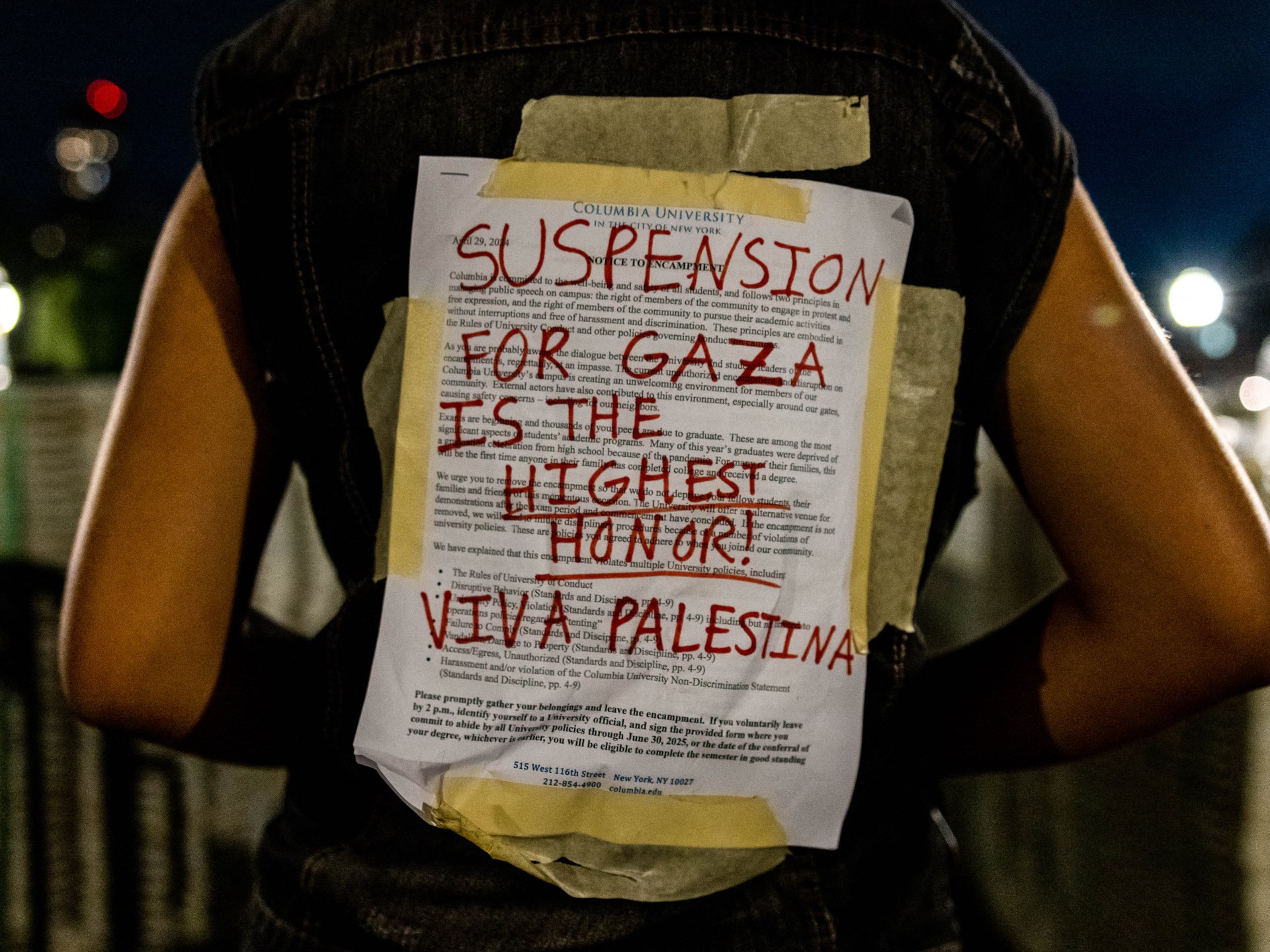
University students are facing threats of arrest or suspension as pro-Palestine protests are burgeoning across campuses in the United States. Students are expressing solidarity with Palestinians in the Gaza Strip, where more than 34,000 people have been killed in Israel’s war of the enclave since October.
Students are calling on their universities to “disclose and divest” their investments in companies and organisations linked to Israel and its war on Gaza.
On Monday, the president of Columbia University, Nemat “Minouche” Shafik, released a statement asserting that Columbia will “not divest from Israel”, prompting protesters to occupy a university building early on Tuesday.
So what exactly is divestment and how do the students want their universities to divest? Here’s more:
What does divestment mean?
Divestment is the process through which an organisation sells off its shares, assets or other investments for political, ethical or financial reasons, according to the Cornell Law School website. In the case of a university, to divest would mean to pull out of investments in certain companies made with money from the university’s endowment fund.
The demand for divestment is not new in the movement against Israel’s occupation of Palestine. In fact, divestment is central to the Boycott, Divestment and Sanctions (BDS) movement, an international effort calling for the boycott of companies accused of being complicit in the occupation of the Palestinian territory, the war on Gaza and violating international law.
What are the students’ divestment demands?
- The protesters at Columbia University, who began building encampments on campus on April 17, are calling for Columbia to divest from corporations that they believe profit from Israel’s war on Gaza.
- Protesters at Columbia passed around a leaflet during admitted students weekend on April 20 and 21 listing the names of some of these corporations – Lockheed Martin, HEICO, BlackRock, Google and Microsoft – Caroline Anne Bissonnette, a journalism student at Columbia who has been covering the protests since they started, told Al Jazeera.
- The New York University (NYU) Alumni for Palestine website calls on NYU to “terminate all vendor contracts with companies playing active roles in the military occupation in Palestine and ongoing genocide in Gaza, namely Cisco, Lockheed Martin, Caterpillar and General Electric”.
- Students at different US universities are calling for greater transparency about their institutions’ investments. A student who is part of the encampments at Tufts University outside Boston told Al Jazeera that one of the “biggest demands of the students” is for the university to disclose its investments.
Why have these companies been named?
The NYU Alumni for Palestine group cited investigations published by the Economic Activism Program of the American Friends Service Committee (AFSC), a Quaker organisation that promotes lasting peace with justice, which names four specific companies.
An investigation of the US-based technology company Cisco revealed that it had established a long-term partnership with Israel in 2018 to develop government-subsidised co-working hubs to help integrate small towns and remote regions to the Israeli high-tech industry. Some of these hubs have been at least partially established in “occupied Palestine and Syria”. Israel’s occupation of the West Bank (Palestine) and the Golan Heights (Syria) is viewed as illegal under international law by most countries.
Maryland-headquartered Lockheed Martin is the world’s largest military company, and an AFSC investigation found that it supplies the Israeli government with weapons. Additionally, the weapons are sometimes “gifted to Israel through the US government’s Foreign Military Financing program”, the investigation found.
Equipment made by US bulldozer manufacturer Caterpillar has also been gifted to Israel through the US financing programme. The Israeli military routinely uses Caterpillar’s D9 bulldozers to demolish Palestinian properties, the AFSC found.
It added that engines and electric power and mechanical systems of the Boston-based General Electric are integrated into the Israeli military’s fighter jets, attack helicopters and surveillance aircraft.
What impact can divestment have?
“Divestment is really hard to do,” Christopher Marsicano, an assistant professor of educational studies at Davidson College in North Carolina who researched the impact of divestment from fossil fuels on university endowments, told Al Jazeera. It is much easier to divest if you have a very small stake in a company, he explained.
He said that while divestment will probably not have much of an economic impact on either university endowments or the Israeli economy, the political impact could be more significant. “Israeli Prime Minister [Benjamin] Netanyahu has already mentioned student protests at American universities publicly. It is clear that these protests have captured the attention of the Israeli government and are putting some pressure on stakeholders to support a ceasefire,” Marsicano said.
How easy is it to divest?
It could in fact be quite difficult for most universities managing large endowment funds to divest from all the companies that do business with Israel and weapons manufacturers. Marsicano explained that university endowment fund managers at most US colleges are “doing what most Americans who have a retirement plan are doing. They’re investing in index funds and private equity.”
Index funds offer investors exposure to all the companies listed on one specific index of shares. A fund tracking the FTSE 100, for example, holds shares in all 100 of the largest companies listed on the London Stock Exchange. Investors in the tracker fund cannot pick and choose which shares to hold. Tracker funds are a popular form of investment for large institutional pension or endowment funds because they provide a good way of diversifying holdings and, therefore, reducing risk.
Furthermore, as companies’ share prices rise and fall, so do their market capitalisations, the value of all of their stocks. That means companies can drop in and out of different indices. It is, therefore, tricky for investors to screen out specific companies.
Can it be economically beneficial to divest?
Not necessarily. The concept of ethical investing – choosing only companies that behave ethically or screening out companies that do not – is no guarantee of good investment returns, Marsicano said. While proponents of divestment say “investing in opportunities that do good in the world will also lead to good investment returns, endowment managers aren’t so sure”, he added.
“What our work showed with fossil fuels [was] that at worst there are negligible effects to the endowment and at best there are positive returns due to divestment. If that world comes, you might see endowment managers make the decision to divest,” Marsicano said.
Will US universities divest from Israel?
Shafik’s statement on Monday indicated that Columbia would not be divesting any part of its $13.64bn endowment fund.
Shafik added, however, that Columbia has offered to develop an “expedited timeline for review of new proposals from the students by the Advisory Committee for Socially Responsible Investing, the body that considers divestment matters”.
Additionally, Shafik said, Columbia is offering more transparency about investments by allowing students to access a list of Columbia’s direct investment holdings, those not held via a tracker or other form of investment fund. Columbia has also offered to update that list more frequently.
However, in a statement posted to X on Monday, Columbia Students for Justice in Palestine claimed the direct investments account for “a mere 6.12 percent of Columbia’s $784m publicly traded investments”. The statement called on Columbia to divest from weapons manufacturers that “profit off the thousands of bombs that have decimated Gaza”.
NYU’s student newspaper, Washington Square News, reported that NYU spokesperson John Beckman said the university is not divesting because it is trying to maximise returns on its endowment to “help the university fulfil its research and educational mission”. Beckman added that NYU’s endowment, valued at $5.9bn, is smaller than that of its peers.
The endowment fund for Northwestern University in Illinois is valued at $14.4bn while Yale University’s endowment is valued at $40.7bn.
Students made efforts to persuade NYU to divest from companies including “GE, Lockheed Martin, Caterpillar and Boeing because they do business with Israel” in 2018, according to a statement released by Beckman in December 2018. “The University opposes this proposal,” the statement read, adding: “It is at odds with the Trustees’ well understood position that the endowment should not be used for making political statements.”
The 2018 statement also said divestment would be an operational challenge because NYU’s endowment assets “are invested through independent financial managers who operate funds in which our assets are co-mingled with others. NYU cannot unilaterally direct those fund managers not to select certain companies’ stock.”
Besides divestment, what do the students want?
Students in the US and abroad are also calling on their institutions to boycott Israeli universities and exchange programmes, to have open dialogue about the war on Gaza, to condemn the killing of Palestinian civilians and to protect students, faculty and staff who are speaking up for Palestine from harassment and censorship.
What’s the latest on the college protests for Gaza?
Columbia issued a deadline on Monday for students to dismantle the encampments of about 120 tents by 2pm (18:00 GMT). They were also asked students to sign a form guaranteeing they would abide by university rules through June 2025. Students who refuse to do this could be suspended pending further investigation.
Columbia Students for Justice in Palestine released a statement on X about four hours before the deadline saying, “Columbia University illegally fabricates a ‘state of emergency’ to mass suspend, expel, and evict hundreds of peaceful protestors by 2 PM today.” The statement added that the protesters had informed the university they were prepared to “escalate their direct actions if Columbia does not adopt basic standards of conduct for negotiations”.
On Tuesday morning after Columbia’s refusal to divest, protesters occupied the university’s Hamilton Hall academic building, in a move reminiscent of the 1968 protests in Columbia against the Vietnam War. They renamed the building Hind’s Hall after Hind Rajab, a six-year-old girl killed in Gaza.
hamilton hall occupied by columbia students, renamed Hind’s Hall in honor of our martyr Hind Rajab. pic.twitter.com/Rwlu9mSwYn
— maryam مريم🇵🇸🍁 (@bluepashminas) April 30, 2024
Another statement released by Columbia Students for Justice in Palestine on X on Tuesday said the protesters intend to occupy the hall until Columbia concedes to the protesters’ demands, including divestment. The statement warned Columbia against bringing armed soldiers or police officers on campus. “Students’ blood will be on your hands,” it said.
PRESS RELEASE by @ColumbiaBDS about the occupation of Hamilton Hall. An autonomous group of students reclaimed the building as “Hind’s Hall” in honor of Hind Rajab, a six year old girl from Gaza. We continue to stand in solidarity with Palestinian Liberation. ❤️🔥 pic.twitter.com/LIm8cScPpD
— Columbia Students for Justice in Palestine (@ColumbiaSJP) April 30, 2024
-

 Education1 week ago
Education1 week agoVideo: Dozens of Yale Students Arrested as Campus Protests Spread
-

 World1 week ago
World1 week agoShipping firms plead for UN help amid escalating Middle East conflict
-

 World1 week ago
World1 week agoEU sanctions extremist Israeli settlers over violence in the West Bank
-

 Politics1 week ago
Politics1 week ago'Nothing more backwards' than US funding Ukraine border security but not our own, conservatives say
-

 Politics1 week ago
Politics1 week agoDemocrats hold major 2024 advantage as House Republicans face further chaos, division
-

 Politics1 week ago
Politics1 week agoFetterman hammers 'a–hole' anti-Israel protesters, slams own party for response to Iranian attack: 'Crazy'
-

 World1 week ago
World1 week agoPeriod poverty still a problem within the EU despite tax breaks
-
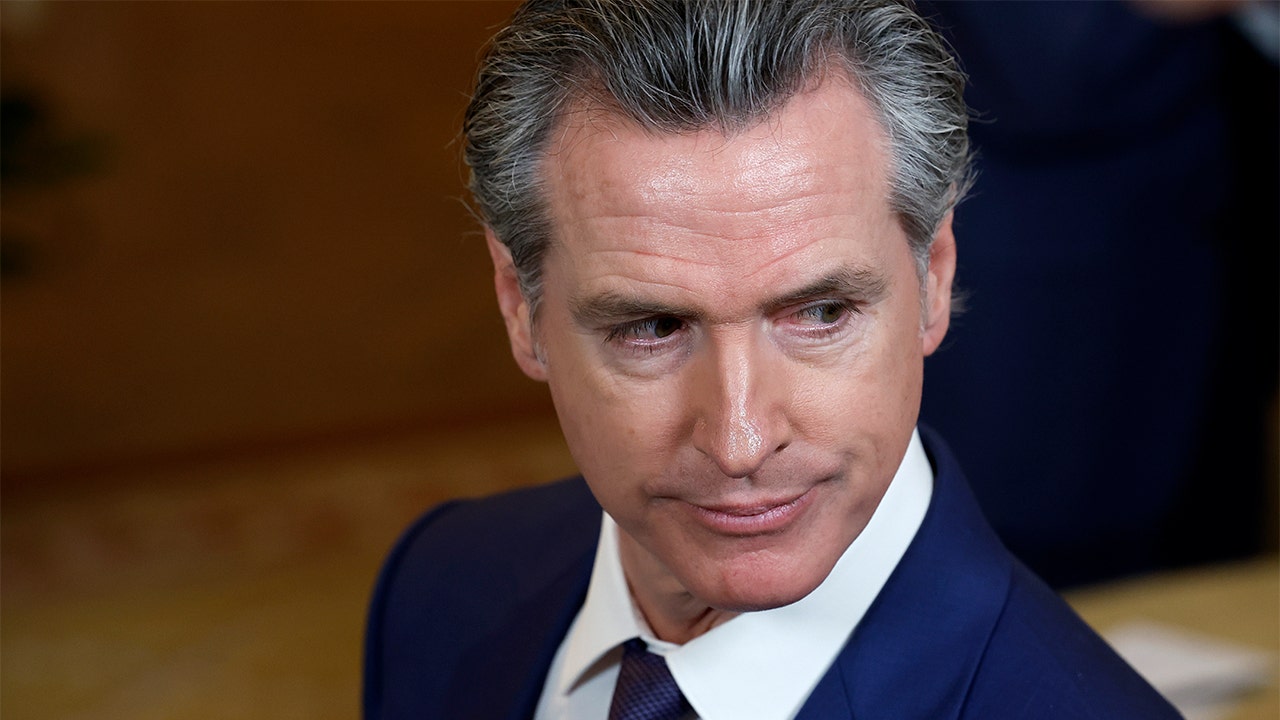
 Politics1 week ago
Politics1 week agoA battle over 100 words: Judge tentatively siding with California AG over students' gender identification

